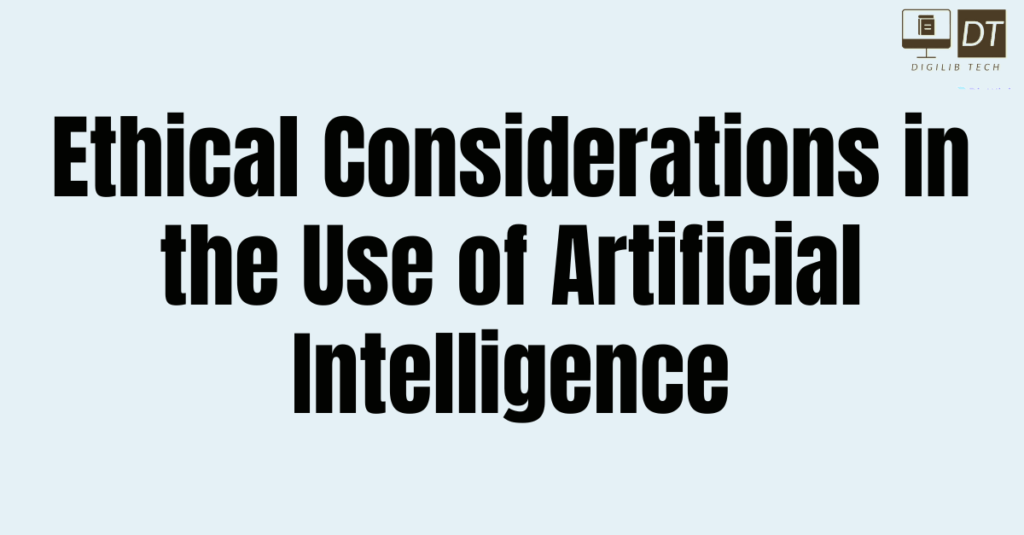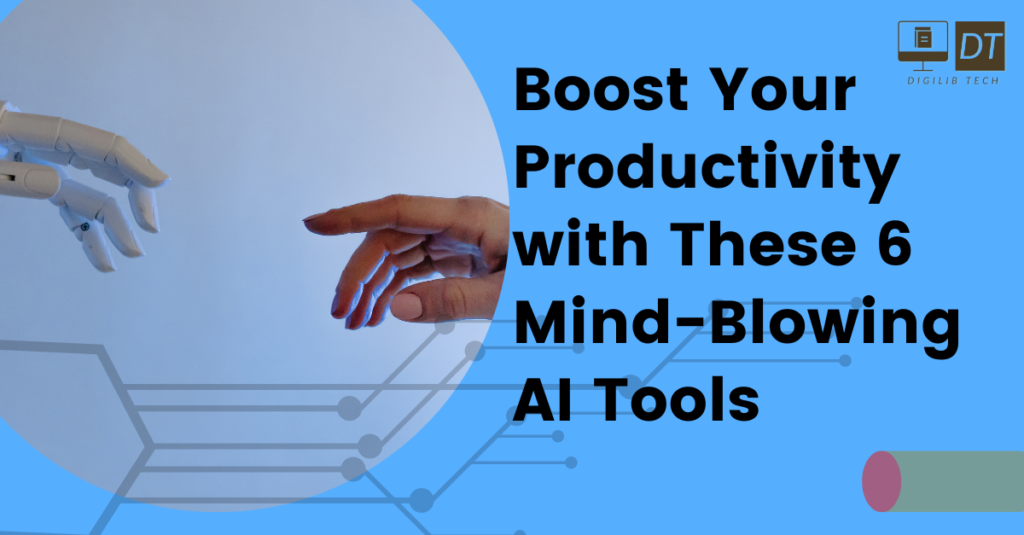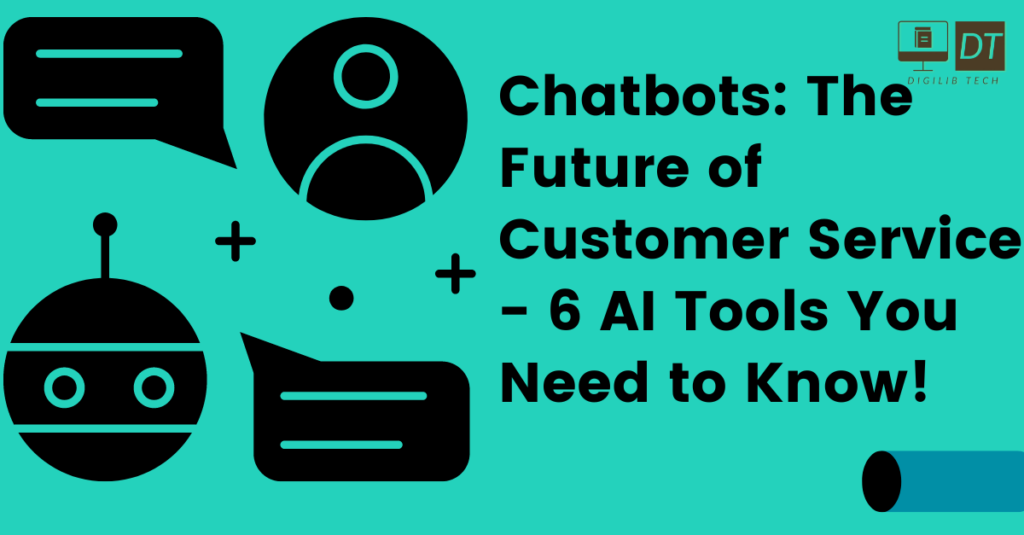Ethical Considerations in the Use of Artificial Intelligence
What is artificial intelligence (AI)?
Artificial intelligence (AI) refers to the emulation of human intelligence processes using computer systems and machines. AI encompasses a broad spectrum of applications, which include expert systems, natural language processing, speech recognition, and machine vision. It essentially involves creating computer programs and systems that can perform tasks and make decisions that typically require human intelligence. AI has evolved significantly and has found diverse applications across various industries, revolutionizing how we interact with technology and data.

ethical use of artificial intelligence
Artificial Intelligence (AI) tools offer businesses a wide array of capabilities, but their adoption also raises significant ethical concerns. One of the central issues stems from the inherent nature of AI systems, which tend to reinforce the knowledge they have acquired through training. This can be problematic because the performance of machine learning algorithms, which underlie many advanced AI applications, heavily relies on the quality of the training data they receive. Since humans curate this training data, the potential for introducing biases into AI systems exists and necessitates diligent monitoring.
For anyone incorporating machine learning into real-world, operational systems, ethical considerations should be an integral part of the AI training process. This is particularly crucial when working with AI algorithms that are inherently opaque, such as those found in deep learning and generative adversarial network (GAN) applications.
Explainability represents a potential challenge for industries operating under stringent regulatory compliance requirements. For instance, financial institutions in the United States are bound by regulations mandating the explanation of their credit-issuing decisions. However, when AI systems are responsible for making such decisions, elucidating the rationale becomes challenging. AI tools employed in this context function by identifying subtle correlations among thousands of variables, making the decision-making process opaque and hard to explain. This situation often leads to the categorization of such AI as “black box AI.”+
More:
What is artificial intelligence (AI)?
How Artificial Intelligence Functions?
What is Differences Between AI, Machine Learning, and Deep Learning?
What are the Advantages of Artificial Intelligence ?
What are the Disadvantages of Artificial Intelligence ?
What is Differences Between Strong AI vs Weak AI
Types of Artificial Intelligence
What are the applications of artificial intelligence?
What Is Differences Between Augmented Intelligence & Artificial Intelligence











